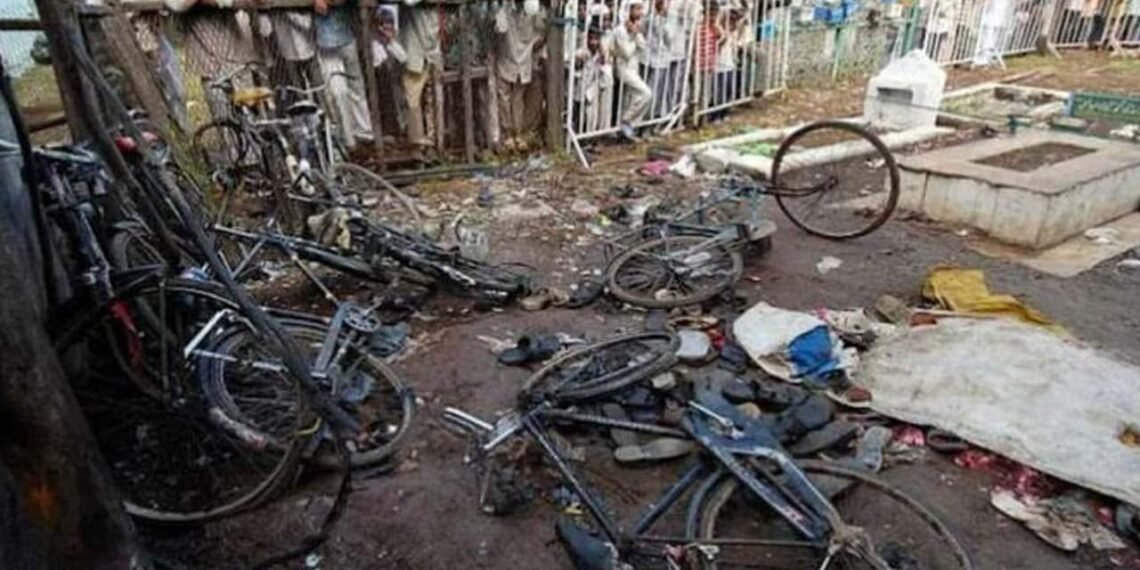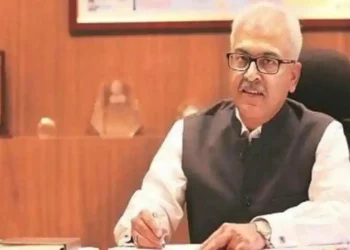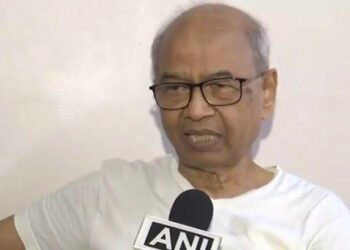All Malegaon Blast Accused Acquitted: Court Cites Lack of Evidence. Families of the victims expressed shock and disappointment, while civil rights groups called for accountability for the years lost and justice still denied.
BY PC Bureau
July 31, 2025 — In a verdict that has reignited debate over investigative integrity, a special National Investigation Agency (NIA) court in Mumbai on Wednesday acquitted all the accused in the 2008 Malegaon blast case, citing lack of admissible evidence and inconsistencies in the prosecution’s case.
The court’s decision brings to a close a nearly 17-year-long legal saga that saw multiple twists—including a change in investigative agencies, political controversy, and prolonged trial delays. The acquittal applies to all surviving accused, including high-profile names such as Lt Col Srikant Purohit, Sadhvi Pragya Singh Thakur, Sudhakar Chaturvedi, and Sameer Kulkarni.
Background: A Tragedy That Claimed Six Lives
The Malegaon blast occurred on September 29, 2008, near Bhikku Chowk in the communally sensitive town of Malegaon in Maharashtra’s Nashik district. A bomb strapped to a motorcycle exploded near a mosque after evening prayers, killing seven people and injuring over 100 others.
Initial investigations pointed toward a right-wing extremist group, marking a significant shift in India’s counter-terror narrative, which had previously focused largely on Islamist groups. The Maharashtra Anti-Terrorism Squad (ATS) initially probed the case before it was handed over to the NIA in 2011.
Court’s Observations
Delivering the verdict, the judge noted “glaring procedural lapses” and “contradictions between witness testimonies and documentary evidence.” The court also criticized the investigative agencies for failing to establish a clear and credible chain of evidence linking the accused to the planning and execution of the blast.
READ: Opinion | Manipur’s SIR–Erase the People, Then Their Votes
“It is a cardinal principle of criminal jurisprudence that the benefit of doubt must go to the accused,” the judgment stated. “In the absence of legally sustainable evidence, this court cannot convict.”
Reactions: Relief, Rage, and Reflection
Defence lawyers welcomed the judgment, calling it a “victory of truth” and accusing the prosecution of running a case based on fabricated evidence and political pressure. “This was a case of manufactured conspiracy from the start. Our clients suffered years of injustice,” said advocate Shrikant Shivade, who represented one of the accused.
Meanwhile, families of the victims expressed deep disappointment and anguish. “Seventeen years, and this is justice?” asked Ameen Qureshi, whose father died in the blast. “We have lost faith in the system. Those who lost their lives are forgotten, and those accused are now free.”
So no one was involved in a malegaon blast near a mosque which 6 people killed, over 100 injured. A special NIA court acquitted all seven accused including Pragya Singh Thakur and Lieutenant Colonel Prasad Purohit.
A Special Judge passed the order after a lengthy trial in the… pic.twitter.com/W7HWU0pJQW— Mohammed Zubair (@zoo_bear) July 31, 2025
Opposition parties and human rights activists have called for an independent review of the investigation, alleging political interference and deliberate weakening of the case after a change in government at the Centre in 2014.
“This acquittal is not a closure—it is a symptom of a deeper rot in our investigative system,” said activist Teesta Setalvad. “When evidence is mishandled and witnesses turn hostile, justice is denied—not only to the victims but to society.”
READ: Despite SC Order, Biren Singh Audio Case Stuck in Limbo
The Malegaon case had become a major political flashpoint, especially after Sadhvi Pragya, one of the accused, was elected to the Lok Sabha in 2019 while still facing trial. Her candidacy was seen by critics as symbolic of a growing mainstreaming of accused in terror cases linked to right-wing groups.
Though acquitted, some of the accused, including Lt Col Purohit, continue to face scrutiny in other cases.
While the acquittal marks the legal end of this particular case, it leaves behind a legacy of controversy, communal tension, and questions about the use and misuse of anti-terror laws like the Unlawful Activities (Prevention) Act (UAPA). The NIA has not yet announced whether it will challenge the acquittal in a higher court.
For now, the victims’ families are left with memories, unanswered questions, and the painful reality that the justice they sought may never arrive.













